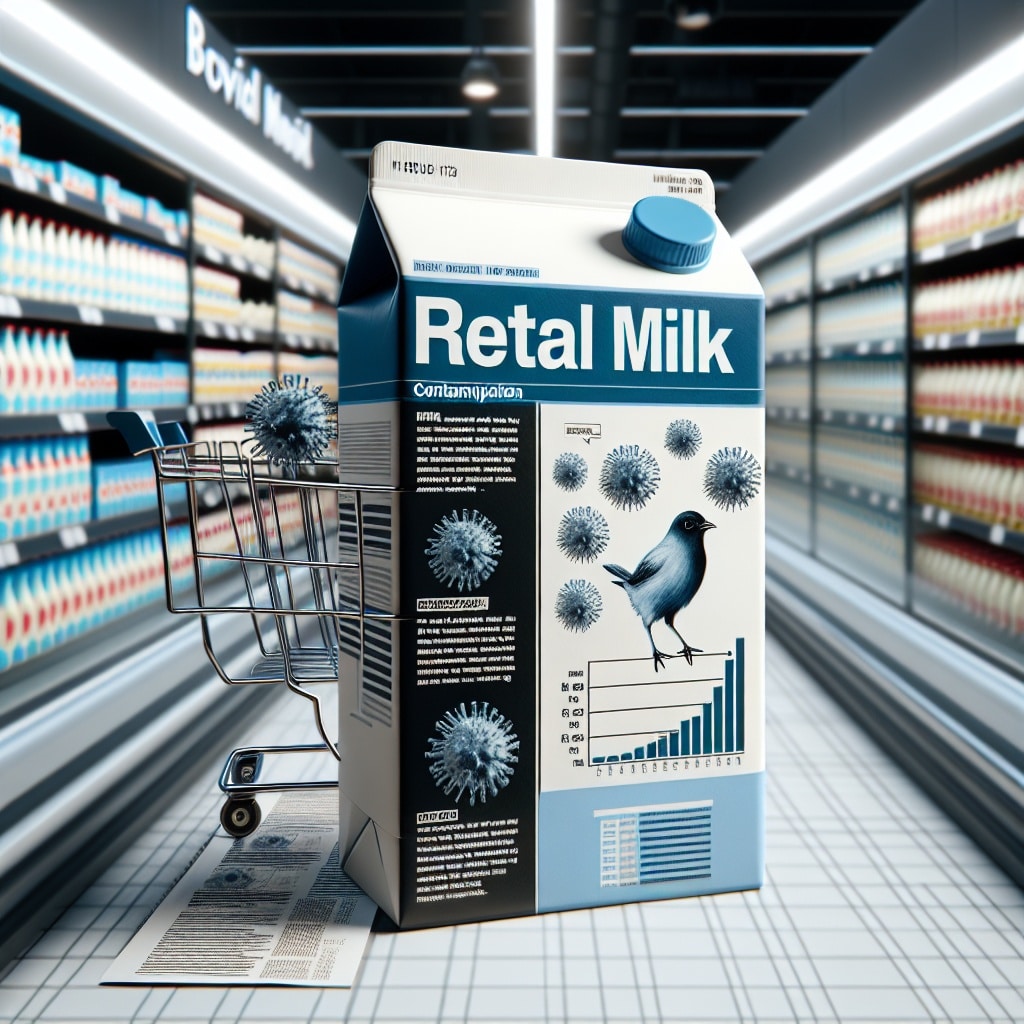U.S. wheat and corn futures rose by their daily trading limits on Thursday, while soybeans scaled the highest since 2012, as Russian forces fired missiles at Ukraine and landed troops on its south coast, exacerbating worries over global supplies.
Wheat rose for a third day, scaling its highest in more than nine years, while corn climbed to a fresh eight-month peak. Shortly after Russian President Vladimir Putin spoke in a televised address on state TV on Thursday, explosions could be heard in the pre-dawn quiet of the Ukrainian capital of Kyiv.
Putin has authorized a military operation in eastern Ukraine in what appeared to be the start of war in Europe over Russia’s demands for an end to NATO’s eastward expansion.
“Heightened tensions around Russia-Ukraine and a fair amount of uncertainty over Russian supplies over the coming months have prompted traders to keep their grain at home rather than shipping it overseas,” ING commodity strategists said in a note.
With Russia and Ukraine accounting for around 29% of global wheat exports, 19% of world corn supplies, and 80% of world sunflower oil exports, traders were worried that any military engagement could impact crop movement and trigger a mass scramble by importers to replace supplies from the Black Sea region. “Russia-Ukraine tensions exacerbated supply risks for the global market,” the ING strategists said as they cited still-soft wheat exports from the European Union.
Meanwhile, the ramifications of all this could push U.S. food prices even higher, as the region is one of the world’s largest producers of wheat and some vegetable oils. And the disruptions could drag on for months or even years, as crop production in the area could be halted and take a long time to restart.
This new inflation shock comes at a time when global markets remain extremely strained because of pandemic-related disruptions. The price changes impacted commodity prices in recent days and could flow through to higher costs at grocery stores and restaurants soon.
Grocery manufacturers are concerned that, while the vast majority of ingredients and materials for American products are sourced domestically, the economic effects of Russia’s invasion of Ukraine will be global, according to Katie Denis, vice president of communications and research for the industry organization Consumer Brands Association.
“We’re already seeing energy prices rise and commodities futures for wheat and corn spike. That’s going to prompt concern when costs to make and ship goods continue to set records and consumer demand continues to be above levels not seen since March 2020,” she said. “There is no slack in the system, making weathering disruption significantly more difficult.”

















